Choosing a hot water system isn’t about picking the most popular one. It’s about knowing what works best for your home, your climate, and your wallet.
Gas, electric, and solar hot water systems all have their place, but the right choice depends on your priorities—running costs, installation budget, energy efficiency, and long-term performance.
Key Highlights
- Gas hot water systems heat quickly and suit larger households.
- Electric systems offer low upfront costs but higher long-term bills.
- Solar options have high installation costs but very low running costs.
- Your local climate plays a big role in how effective solar systems are.
- Energy tariffs and gas availability should influence your decision.
- Long-term value comes from balancing efficiency with usage needs.
Upfront Costs and Installation Considerations
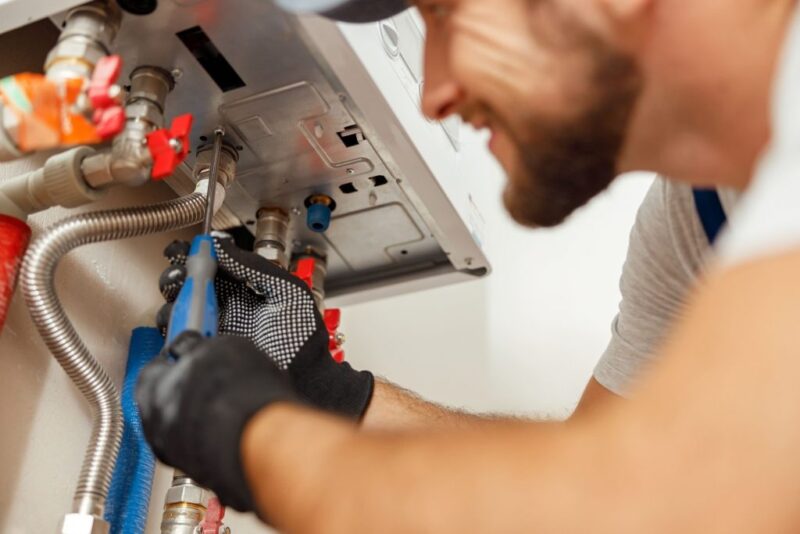
The initial cost varies a lot across gas, electric, and solar systems. Here’s how they compare when you’re budgeting for installation and hardware.
Gas Systems
Gas systems cost more than electric ones up front, especially if your home doesn’t already have a gas line. A gas storage system typically costs between $900 and $1,400. Instantaneous gas systems sit closer to $1,300 to $2,000. You’ll also need a licensed plumber and possibly a gas fitter for the install.
Electric Systems
Electric storage systems are the cheapest to buy and install. You can expect to pay around $400 to $900 for the unit, and installation is simpler if you’re replacing an existing electric system. But don’t let the low price fool you—your future bills will be higher.
Solar Systems
Solar hot water systems come with a steep initial cost, often between $3,000 and $7,000 including installation.
You also need roof space for panels and a home orientation that receives decent sunlight. If your climate has long periods of cloud or rain, you’ll likely need an electric or gas booster, which adds to the setup cost.
Running Costs and Long-Term Efficiency
Upfront savings can be wiped out by poor energy performance. Many homeowners find themselves comparing gas vs electric hot water to determine which option best balances efficiency, affordability, and sustainability.
Gas Hot Water Systems
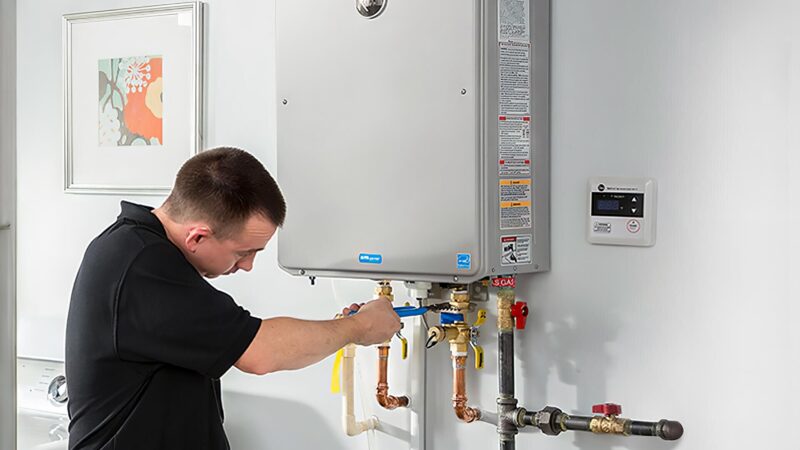
Gas units heat water fast and tend to have moderate running costs. Continuous flow models only heat what you use, which cuts waste.
They work best in homes with access to natural gas and high daily water use. Storage models can run out of hot water but recover quickly.
Gas systems also perform well in colder climates, where electric units often struggle.
Ga
Electric systems are notorious for higher running costs. If you’re on a standard tariff, your bills will climb fast, especially with larger households. Some homes benefit from off-peak tariffs, but that requires a storage system and some restrictions on usage times.
Solar Hot Water Systems
Solar has the lowest long-term running costs. You’ll still need a booster system for cloudy days, but in sunny regions, a well-installed solar unit can cut your water heating bills by 60% to 85%. The challenge is upfront cost, not performance.
Energy Efficiency and Environmental Impact
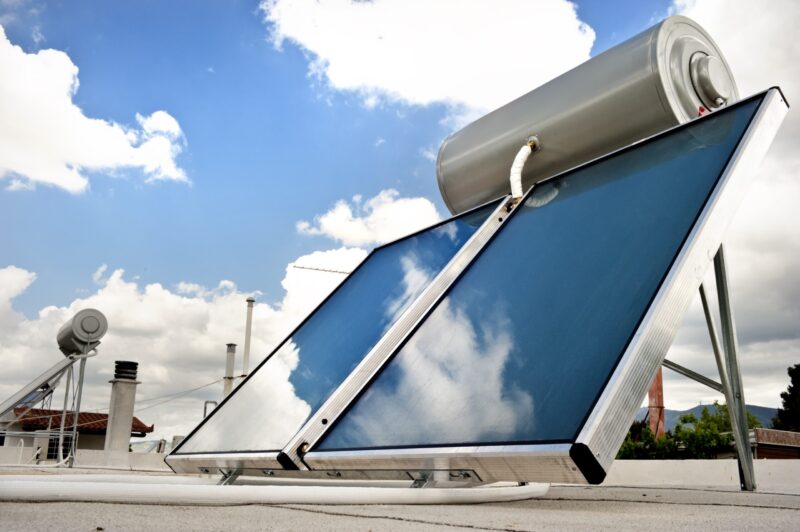
Gas
Modern gas hot water systems have become more efficient, especially instantaneous ones. But gas still produces emissions, and rising gas prices are reducing its financial edge.
Electric
Electricity can be clean or dirty—it depends on how it’s generated. If your grid relies on coal, electric water heating leaves a large carbon footprint. If your home already has solar PV panels, however, using electricity becomes more efficient.
Solar
Solar wins hands down for sustainability. You’re using renewable energy to meet daily needs. Even with a booster, your carbon footprint stays low. Just make sure your roof orientation and local weather justify the cost.
Best Fit Based on Household Size and Usage
Your household size and water usage patterns should guide your decision just as much as budget.
For Small Homes or Apartments
Electric storage units make sense for single-person or two-person households where water usage is low. They’re cheap to install and easy to replace.
For Families
Families with three or more people will get better performance with a gas or solar system. Gas offers rapid heating and consistent pressure, while solar brings long-term savings for homes with high daily usage.
For High Hot Water Usage
Go for solar with gas boosting or a large-capacity gas system. These setups handle large volumes without choking water pressure or costing a fortune.
Climate and Geographic Suitability
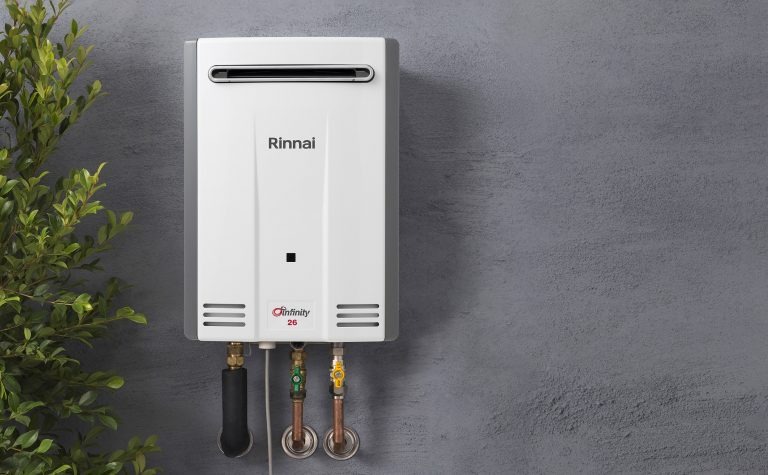
Where you live makes a huge difference in how your hot water system performs.
- Warm, sunny regions like Queensland or northern New South Wales are ideal for solar hot water. Plenty of sunshine means fewer days using boosters.
- Cooler climates with frequent overcast weather lean toward gas systems for consistent performance.
- Remote areas without mains gas will often rely on electric systems or LPG-boosted solar.
You should also consider frost-prone zones. Not all solar systems handle cold snaps well, unless they come with frost protection kits.
Maintenance and System Lifespan
Don’t just think about the next year. Think about the next decade. Maintenance needs and expected lifespan vary between the systems.
- Gas systems generally last 10 to 15 years with annual maintenance. Instantaneous models need regular descaling in hard water areas.
- Electric systems have a similar lifespan but may need more frequent element or thermostat replacement.
- Solar systems can last up to 20 years, but only if you clean the panels and check the pump, valves, and tank regularly. Boosters also need servicing.
Always factor in the cost of parts and technician availability in your area before choosing.
Comparing Value Over 10 Years
Let’s look at a simplified 10-year cost scenario for a family of four:
| System Type | Upfront Cost | Average Annual Running Cost | 10-Year Total |
| Electric | $800 | $800 | $8,800 |
| Gas | $1,200 | $550 | $6,700 |
| Solar | $5,000 | $150 | $6,500 |
Solar looks expensive early but catches up fast. Gas is a strong middle ground for many households. Electric seems cheap at first but builds up major cost over time.
Final Recommendation: Which One Should You Choose?
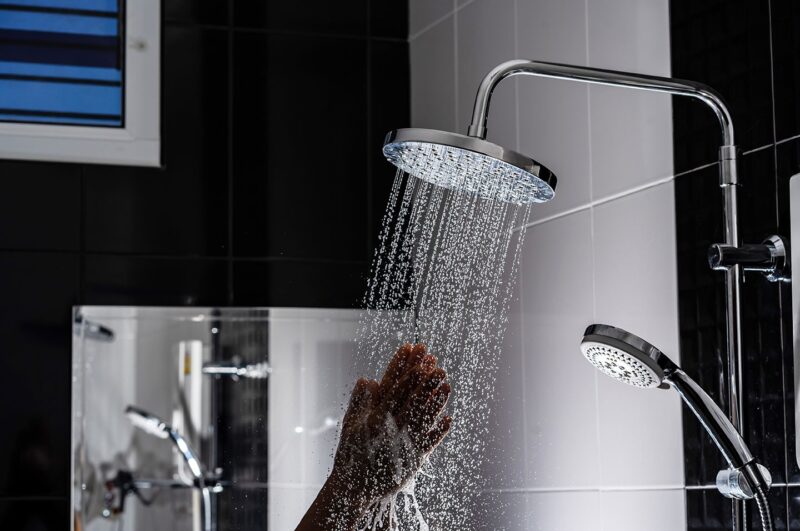
The right hot water system depends on what matters most to you.
Choose Gas If:
- Your household uses a lot of hot water.
- You live in an area with reliable natural gas supply.
- You want lower running costs without the high upfront investment of solar.
Choose Electric If:
- You need a quick replacement on a tight budget.
- You live alone or in a small household.
- You have access to off-peak electricity tariffs.
Choose Solar If:
- You want long-term savings and lower emissions.
- Your home gets plenty of direct sunlight.
- You’re staying in your property long enough to recover the investment.
Conclusion
No system is perfect for everyone. But one is right for your home, based on size, budget, and location. Gas offers fast heating and efficiency for families. Electric works in small households but comes with higher bills. Solar delivers the best long-term value but demands upfront spending and the right climate.
Don’t just look at the price tag. Think about what you’ll be paying each month for the next decade. Your hot water system is a long-term investment. Make the smart one.

